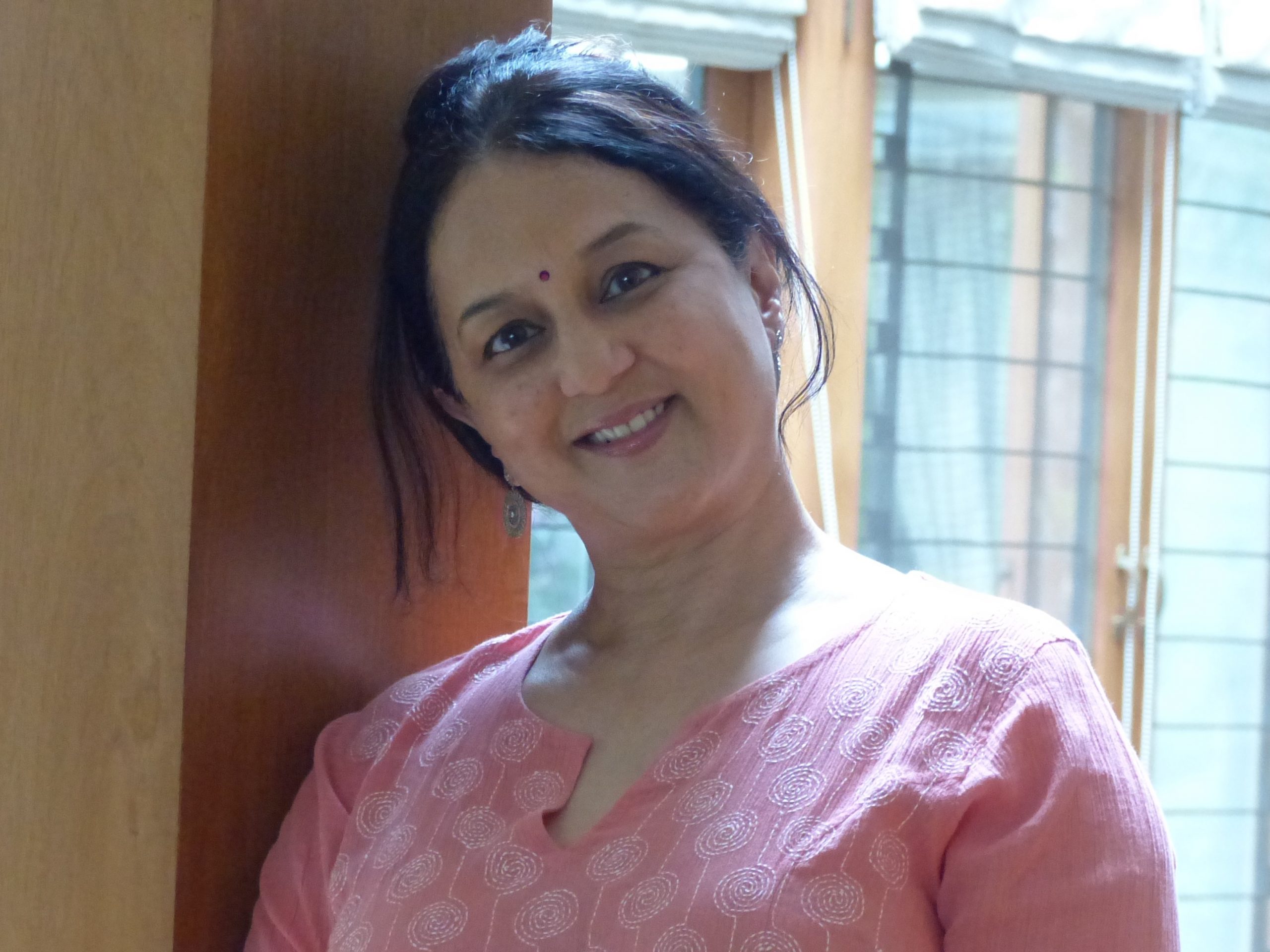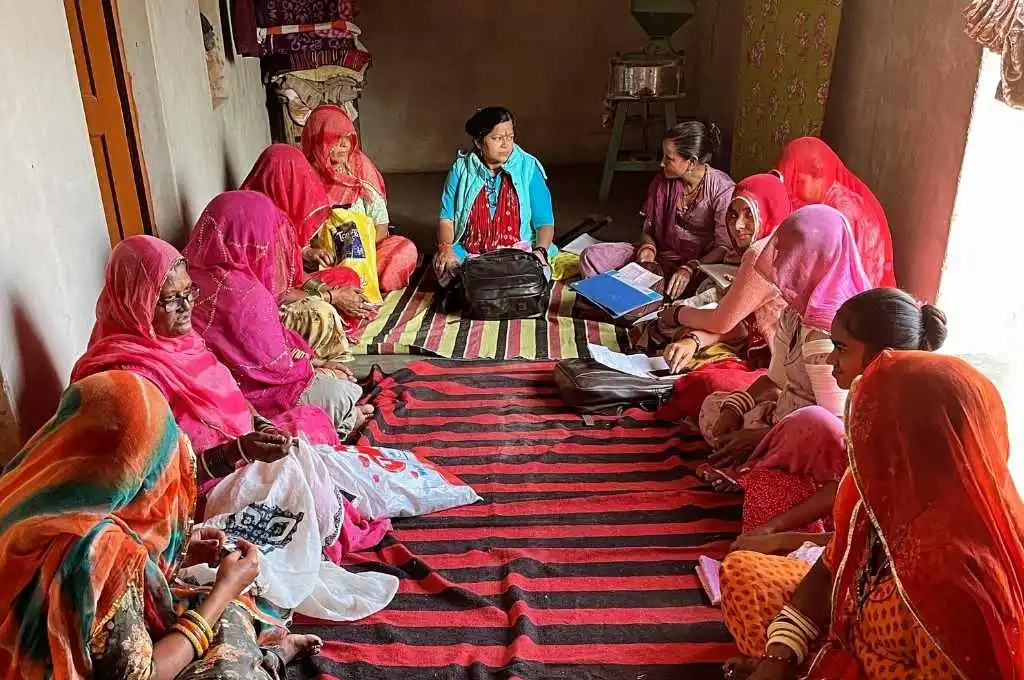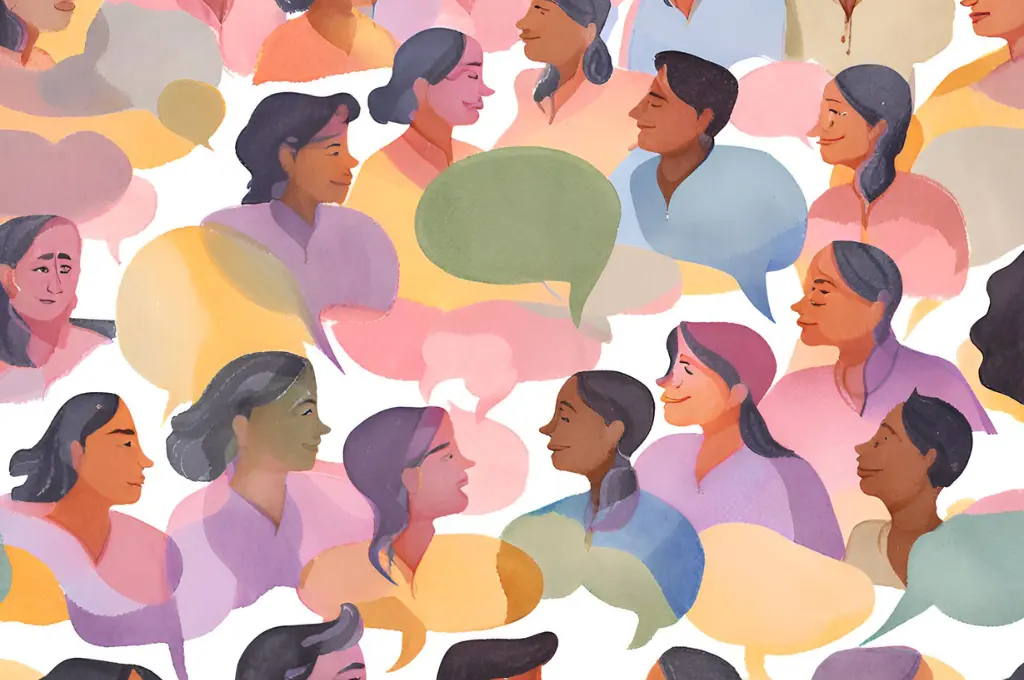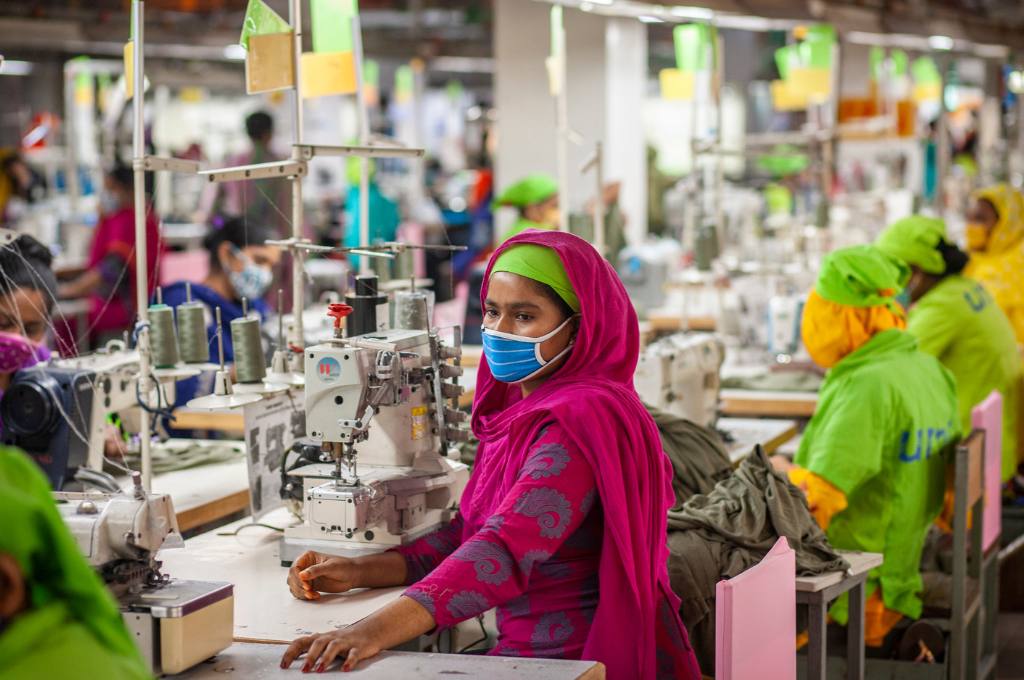Every day, we hear of horrible atrocities that have taken place against girls and women in India. This is despite the fact that as a country, we can boast of having some of the most progressive policies and civic movements. It is despite the fact that we have the world’s largest pool of elected women representatives – adding up to more than one million across all tiers of government. It is despite the fact that tens of millions of women belong to self help groups that are working to empower them. And, it is despite the fact that as a society, we are becoming more and more aware of our inherent gender bias and gender based problems.
So what’s going on?
I wonder whether, in our work to empower young girls and women, we are ignoring one half of the problem, and therefore underestimating one half of the potential solution.
If there is a morally undeniable societal goal of sarve bhavantu sukhinah – “May all be happy” – then we need to think about the situation of the 200 million young men in this country. And we need to turn to them with as much urgency and focus as we spend on the millions of young women, and their multiple needs.
Think about it.
Globally, India has one of the largest cohorts of young men between the ages of 13 to 26 years. Their situation within the country however, needs to be addressed. Far too many of them are under-educated, under-employed and stuck in a low equilibrium. Far too few of them have positive role models and secure family lives.
In addition, most of them wrestle with the perception of masculinity, which, in a feudal society like ours, is very conditional. It is commonly believed that you are not masculine enough if you are emotional, sensitive, or compassionate; that you are not ‘man enough’ if you are not strong, if you are not the breadwinner in your family.
It is hard to escape these social beliefs, as they remain entrenched within communities and societies, even though the global idea of what it is to be a man is being redefined in the 21st century.
And so, we need to put an empathetic lens on, because if we don’t, these issues will present a huge challenge to the country as a whole.
Related article: Addressing masculinity in India
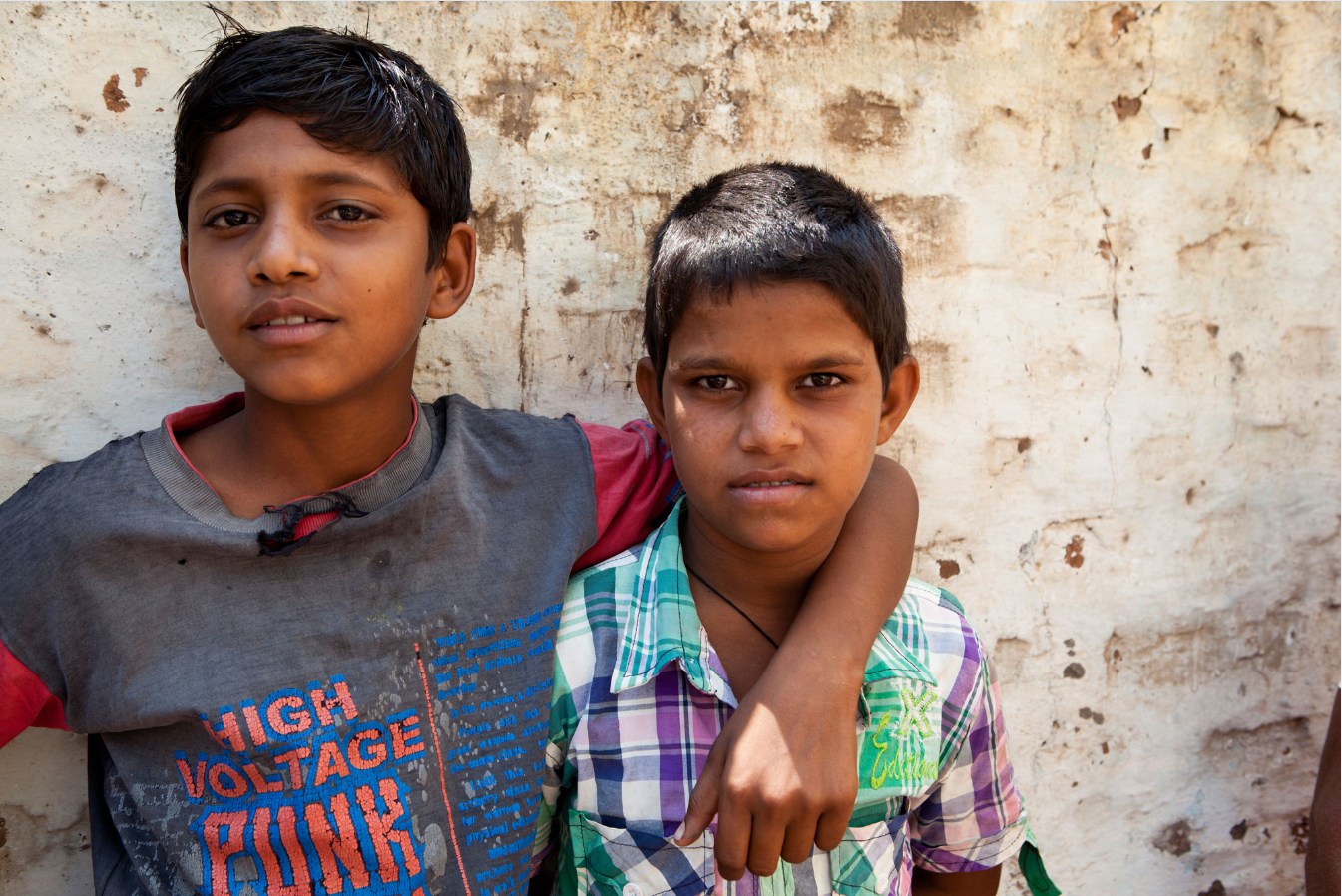
Photo Courtesy: Charlotte Anderson
Changing the way we look at the problem
Even empowered women face violence. This is because empowerment of women alone is not enough. For change to occur, the ecosystem of power around women must be different.
We often talk of men as people who need to alter themselves so that women can be better off. However, we rarely offer concrete, innovative strategies for young men to face issues of patriarchy and masculinity head on and become their best selves. And the fact is, if we want that ecosystem of power around women to change, we need to help men be healthy, happy and supportive partners to women who are healthy, educated and earning.
This is not a zero-sum game
We can continue all that is being done for women, and do much more for them, while also working with men. As a country looking to better engage our young boys and men, we can start with:
We need to create safe platforms for young men to share their fears, their doubts, and their insecurities about sexuality, patriarchy, masculinity, and the burden of expectations they bear.
We need structured activities that are not only political or religious, but that get young men together to unlearn gender norms and learn equitable behaviour. It does not matter what the activity is – be it sports, music, theatre or even bird watching – so long as it allows young men to be free from narrow, negative, and gendered identities.
Many countries have examples of successful programmes that use sports, music, mentoring and more to deliver success in helping young men (especially teenagers) direct their energies positively, and build leadership potential. Programmes like El Sistema in Venezuela have successfully used classical music to help young boys find meaning in their lives. Similarly, the Big Brother programme in the United States allows young boys to be mentored by adults to help put them on the path to success.
In India, while there are some initiatives working with and for adolescent girls, there are too few state sponsored programmes for adolescent boys, be it rural or urban.
We need more imagination, more innovation and more public financing for projects and programmes that harness the positive energy of young men.
Our legal frameworks need to step up to the challenge of a truly gender equitable society. Often, our laws and policies reflect patriarchal biases that can trap men in stereotypes – for example, the idea of guarding the modesty of a woman serves neither men nor women nor any other gender – instead, it comes from the same strong patriarchal framework that we need to confront and reject.
Related article: How to work with boys to reduce violence against women
The government and private sector are already running skilling programmes across the country. Integrating a gender lens into these initiatives to make them address questions of gender-based power structures in the work place, and sensitise both men and women to them, would be both cost-effective and societally useful.
Civil society organisations that work with girls and women could be engaged with to share learnings, provide support and even aid in designing programmes for men and boys. For this to happen, philanthropy must come forward to actively support such organisations and innovation.
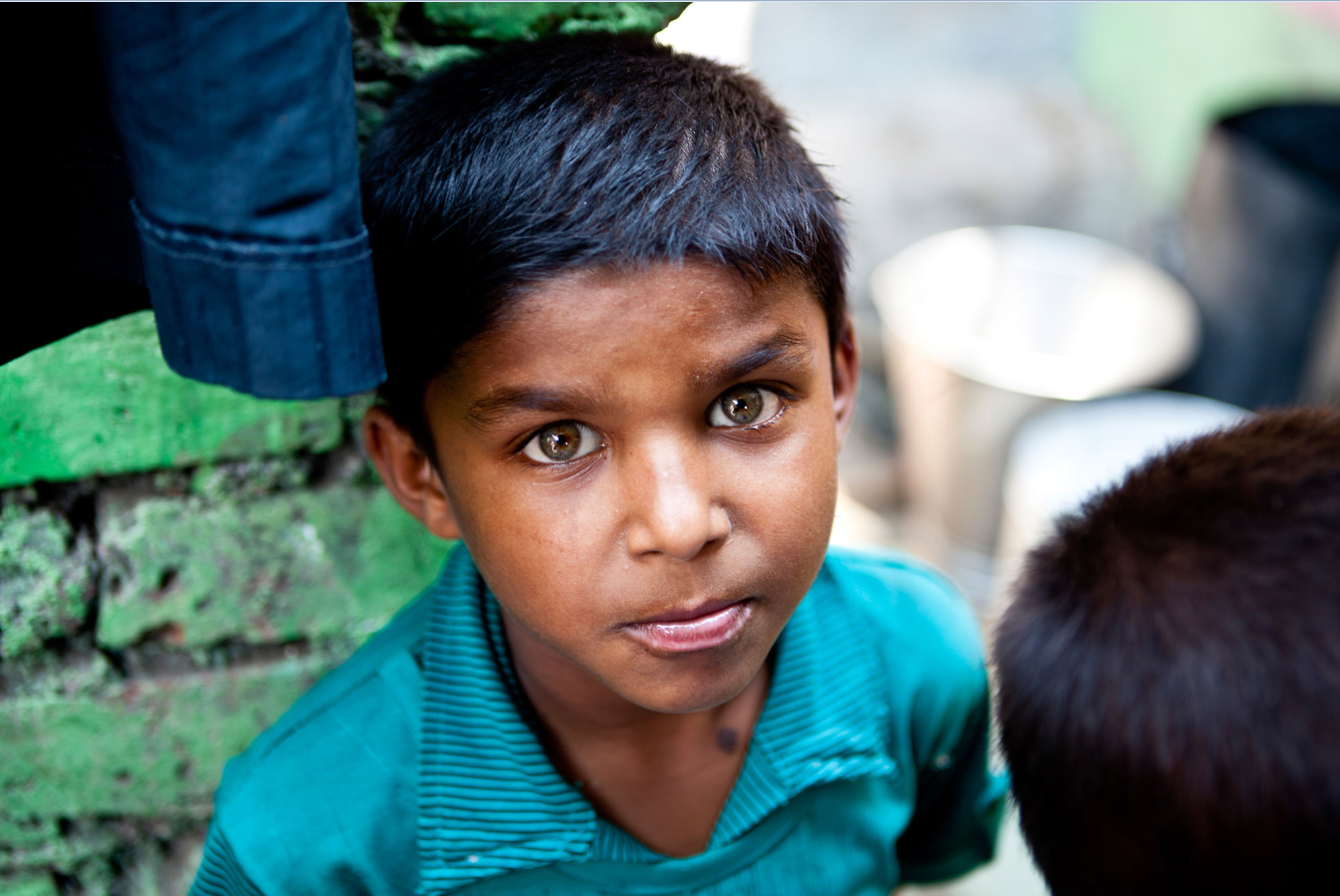
Photo Courtesy: Charlotte Anderson
Taking hold of a missed opportunity
And so, while we have rightly worked on women’s empowerment, perhaps we have missed an opportunity to include a key group whose fates are intertwined with women.
We need to support the few organisations working in this space. The young men of India need us to do more for them. We need to do it for men in their own right, and we need to do it even more urgently if we really want women to be empowered too.
Disclaimer: IDR is funded by Rohini Nilekani Philanthropies.
